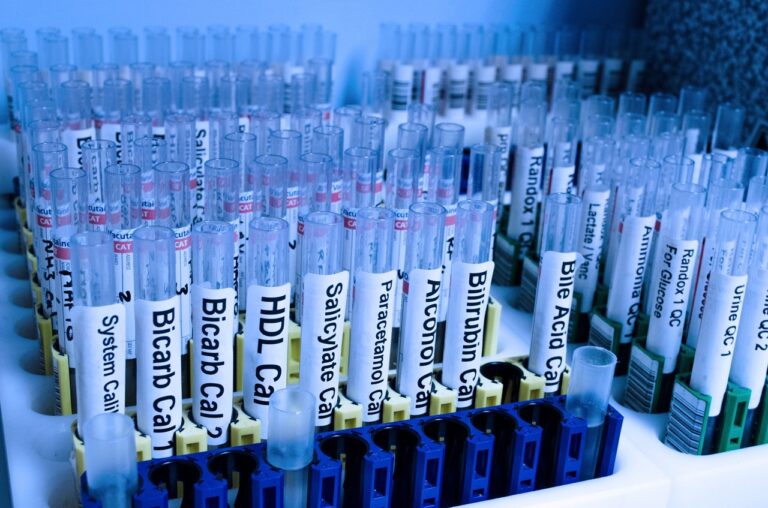Analyzing the Rise of Precision Nutrition for Personalized Diets
Nutrition science has come a long way in understanding the link between diet and health. Early studies primarily focused on basic nutrient requirements, such as proteins, carbohydrates, fats, vitamins, and minerals, to prevent deficiencies and promote overall well-being. Over time, research has delved deeper into how specific nutrients interact with our bodies, influencing processes like metabolism, immune function, and disease risk.
As technology has advanced, nutrition science has embraced innovative tools to study the complexity of food and its impact on health. The use of biomarkers, imaging techniques, and genomic analysis has allowed researchers to investigate individual responses to diet and identify personalized dietary recommendations. This shift towards personalized nutrition marks a significant evolution in the field, acknowledging that one-size-fits-all dietary guidelines may not be optimal for everyone.
Understanding Personalized Diets
Personalized diets have gained significant attention in the field of nutrition due to the recognition that a one-size-fits-all approach may not be suitable for everyone. These tailored dietary plans take into account individual factors such as age, gender, weight, activity level, and specific health concerns, offering a more precise and targeted approach to promoting overall health and well-being. By customizing dietary recommendations based on personalized information, individuals can potentially optimize their nutrient intake, enhance their energy levels, and improve their overall quality of life.
Moreover, understanding personalized diets involves considering genetic variations that can influence how individuals metabolize nutrients and respond to different foods. Advances in genetic testing have enabled researchers to identify specific genetic markers that may impact an individual’s nutritional requirements. By integrating genetic information into personalized diet plans, it is possible to create a more tailored and effective strategy that takes into account an individual’s unique genetic makeup, potentially maximizing the benefits of their dietary choices.
The Impact of Genetics on Nutrition
Genetics plays a significant role in how our bodies process and utilize nutrients. Variations in our genes can influence how our bodies respond to different foods and nutrients. For example, certain genetic variations may affect how efficiently our bodies metabolize fats or how we process carbohydrates.
These genetic differences can impact our nutritional needs and how we should structure our diets. Understanding our genetic predispositions can help tailor dietary recommendations to suit our individual needs better. By taking into account genetic factors, we can optimize our nutrition to promote better health and well-being.
How has nutrition science evolved over time?
Nutrition science has evolved from focusing on basic macronutrient and micronutrient needs to understanding the impact of genetics on individual dietary requirements.
What are personalized diets?
Personalized diets are customized eating plans tailored to an individual’s genetic makeup, lifestyle, and health goals.
How does genetics impact nutrition?
Genetics can influence how we metabolize certain nutrients, how our bodies respond to different foods, and our predisposition to certain health conditions related to diet.
Can genetic testing help determine the best diet for an individual?
Genetic testing can provide valuable insights into how an individual’s genetic makeup may influence their nutritional needs, helping to guide the development of personalized diets.







